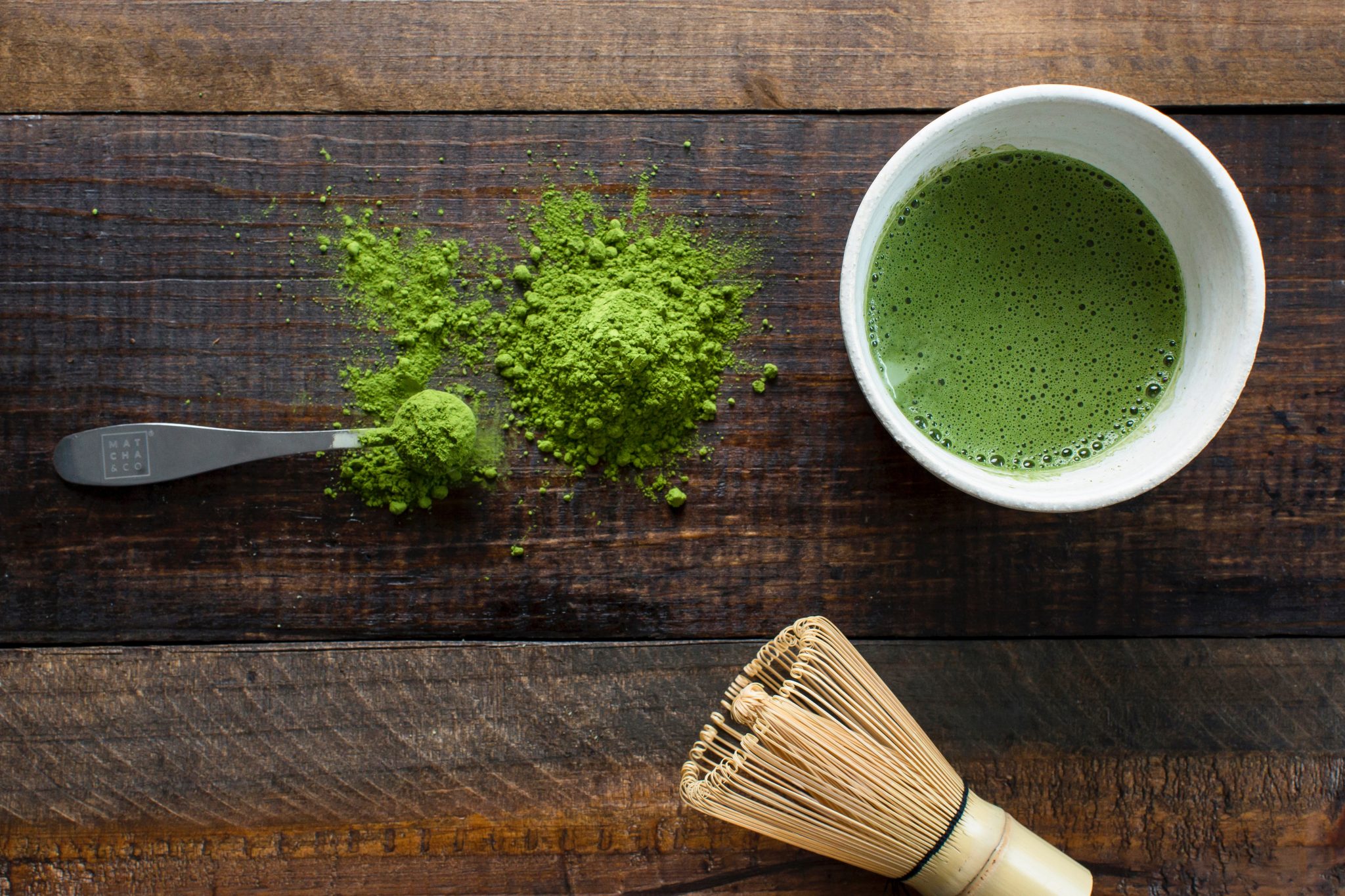Kratom and Its Place in the Herbal Supplement Industry
Kratom, a tropical tree native to Southeast Asia, has garnered significant attention in recent years, carving out a unique niche within the herbal supplement industry. As the global interest in natural remedies continues to grow, kratom has emerged as a popular herbal supplement, touted for its potential benefits in pain management, anxiety relief, and as an alternative to opioids. This complex interplay of traditional use and modern demand has led to a surge in kratom’s popularity, yet it also raises questions regarding safety, regulation, and the ethics of herbal supplementation. One of the primary factors contributing to kratom’s appeal is its psychoactive properties, which are attributed to the presence of two main alkaloids – mitragynine and 7-hydroxymitragynine. Mitragynine acts as a stimulant at lower doses, often providing users with increased energy and focus, while higher doses tend to produce sedative effects, including relaxation and pain relief. Many individuals who struggle with chronic pain or opioid addiction have turned to kratom as a natural alternative, citing fewer side effects compared to prescription medications.

Moreover, some users report that kratom helps alleviate symptoms of anxiety and depression, contributing to its growing reputation as a versatile herbal remedy. Despite its increasing popularity, the kratom industry faces significant scrutiny. Kratom is not regulated by the Food and Drug Administration FDA, leading to a patchwork of state laws regarding its legality and from this you know what is kratom. While some states have embraced kratom, others have enacted bans, fueled by concerns over its safety and potential for abuse. Reports of adverse effects, including nausea, dizziness, and more severe reactions such as addiction and withdrawal symptoms, have emerged, sparking debates among healthcare professionals, lawmakers, and consumers. This lack of regulation has made it challenging to ensure product quality and safety, as many kratom products on the market are untested and unverified, raising questions about their purity and potency. The ethical considerations surrounding kratom’s place in the herbal supplement industry are also noteworthy. Proponents argue that it provides a much-needed alternative to opioids, which have led to a nationwide crisis of addiction and overdose deaths.
However, critics caution against promoting kratom as a safe substitute without more extensive research into its long-term effects. The absence of clinical trials and comprehensive studies leaves a significant knowledge gap, leaving consumers to navigate the risks and benefits largely on their own. This highlights the urgent need for more rigorous scientific investigation to establish the efficacy and safety of kratom, ensuring that it can be appropriately integrated into the broader herbal supplement landscape. As the discussion around kratom evolves, so too does its place in the herbal supplement industry. Advocacy groups are pushing for increased regulation and research, calling for the establishment of safety standards and labeling requirements to protect consumers. Meanwhile, users continue to share personal testimonials of kratom’s benefits, fueling demand and interest. Ultimately, kratom embodies the complexities of the herbal supplement market, where tradition meets modernity, and the potential for natural remedies is weighed against the need for consumer protection and informed decision-making.